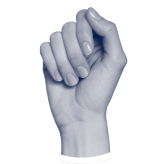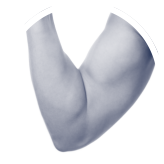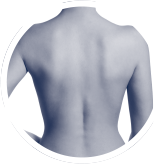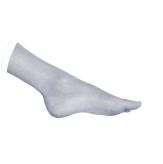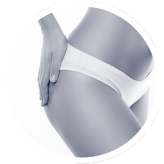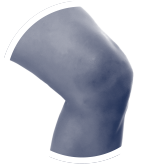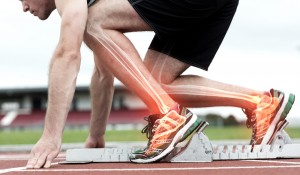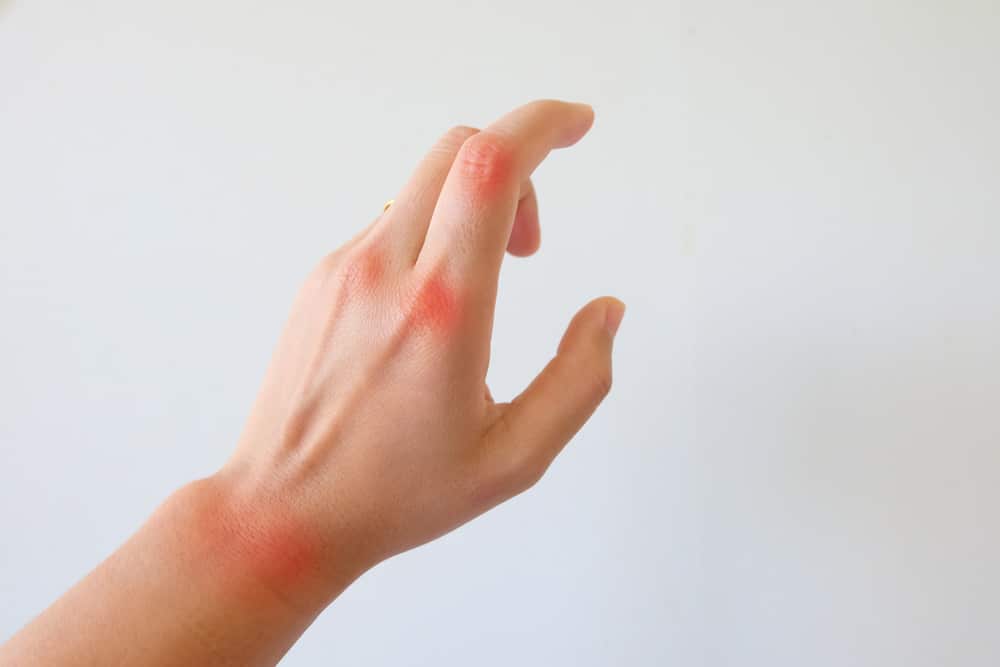
Since World Arthritis Day is this week, we are wanting to raise awareness for people who may not know much about arthritis with a quick fact guide that highlights what it is, the different types of arthritis, what the symptoms are, the causes and treatments available.
What Is Arthritis?
Arthritis is a condition where the joint has inflammation, causing pain and stiffness. It is thought to affect nearly 10 million people, with the majority being elderly. Despite this, arthritis can affect anyone at any age.
What Are the Different Types of Arthritis?
There are two common types of arthritis: osteoarthritis and rheumatoid arthritis.
Osteoarthritis is by far the most common type of arthritis in the UK, with approximately 8 million people affected. Most people start to begin showing symptoms during their 40s and 50s and is more likely to affect women. Osteoarthritis affects the cartilage around the joint, making the joint stiff, painful and difficult to move. Once the cartilage becomes too thin, swelling can occur and cause osteophytes – also known as bony spurs.
If enough cartilage is lost, the bones can be forced out of their normal positions. This type of arthritis is common in the hands, spine, knees and hips.
Rheumatoid arthritis affects around 400 thousand people. Symptoms are likely to start showing around the same as osteoarthritis, but women are much more likely to suffer from this type of arthritis (30%).
This type of arthritis is an autoimmune response. This means that the body’s immune system starts attacking the joint, causing pain and swelling. This can lead to the bone and cartilage to break down and can cause problems with other parts of the body – most likely tissue cells and organs.
There are many more types of arthritis but are less common compared to osteoarthritis and rheumatoid arthritis.
What Are the Symptoms of Arthritis?
Different types of arthritis have different symptoms. The most common symptoms prevailing all the types are a pain in your joints, stiffness, inflammation and difficulty moving it.
Depending on the person and the progress of the condition, some people may experience symptoms mildly while others may experience symptoms severely.
What Causes Arthritis?
The cause of arthritis has multiple factors usually working together. For the most part, unluckily, genes appear to play a large role in the likelihood of developing a type of arthritis.
There are also lifestyle and environmental factors to include. If you have a previous injury to a joint, it makes the likelihood of developing arthritis in that joint more likely. Other lifestyle factors include whether you are overweight, smoke or have a job that is physically demanding.
Another factor is an infection in a joint. While this usually only contributes to s short-term bout of arthritis, raising questions whether there is a link between infection and rheumatoid arthritis. However, it is known that rheumatoid arthritis is more common and more severe in smokers.
Treatment Options
Sadly, there’s no cure for any of the many types of arthritis. However, there are many treatments that can slow it down or even halt it altogether.
For mild osteoarthritis sufferers, pain management is key and mostly use over-the-counter painkillers, NSAIDs (non-steroidal anti-inflammatory drugs) and corticosteroids.
For more severe cases, stronger pain medication could be recommended. However, an alternative could be surgery. These include arthroplasty (also known as a joint replacement), joint fusions and many others, depending on the type of arthritis.
For rheumatoid arthritis, the focus is to reduce the inflammation of the joint so it doesn’t swell. This includes being extra precautions to not injure the affected joint along with painkillers, DMARDS (disease modifying anti-rheumatic drugs), physiotherapy and exercise.
For many types of arthritis, physiotherapy, hydrotherapy and occupational therapy may help ease some of the symptoms. Also, for certain types of arthritis, lifestyle changes may make a large difference – such as quitting smoking for rheumatoid arthritis sufferers.
Do you suffer from arthritis? Come and talk to London Bridge Orthopaedics to see how we can help ease your symptoms. Contact us now.


